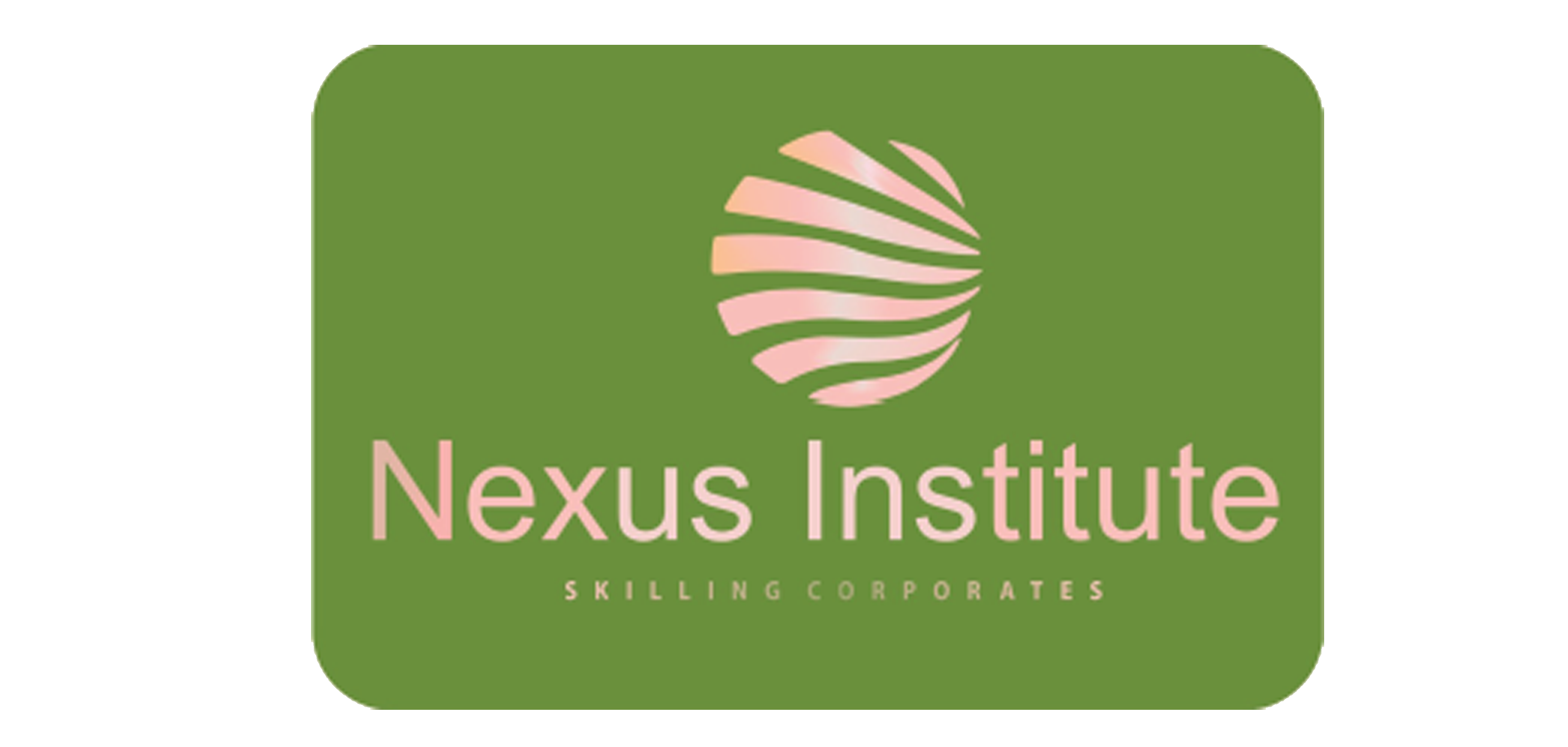Course Overview
Overview:
This course in clean cooking stoves is designed to equip participants with the knowledge and skills required to promote, design, install, and maintain clean and efficient cooking stoves. Participants will learn about the importance of clean cooking solutions for health, environment, and sustainable development, as well as different types of clean cooking technologies and their applications. Through a combination of theoretical learning, hands-on training, and fieldwork, this course aims to empower individuals to address indoor air pollution, reduce fuel consumption, and promote clean cooking practices in communities.
Objectives:
- Introduce participants to the significance of clean cooking solutions for health, environment, and sustainable development.
- Provide an overview of clean cooking technologies, including improved cooking stoves, biogas stoves, solar cookers, and electric stoves.
- Educate participants on the design principles, installation techniques, and operation of clean cooking stoves.
- Familiarize participants with community engagement, behavior change, and advocacy strategies for promoting clean cooking practices.
- Equip participants with the skills and knowledge to assess cooking needs, select appropriate stove technologies, and implement clean cooking projects effectively.
Duration:
The duration of the course may vary depending on the depth of coverage and the availability of resources. A comprehensive course could span from several days to a few weeks, typically with a mix of classroom sessions, practical workshops, and field visits.
Detailed Content:
Module 1: Introduction to Clean Cooking
- Overview of the health, environmental, and social impacts of traditional cooking practices
- Importance of clean cooking solutions for mitigating indoor air pollution and reducing household energy consumption
- Introduction to different types of clean cooking technologies and their applications
Module 2: Design and Technology of Clean Cooking Stoves
- Principles of stove design: efficiency, emissions reduction, and fuel flexibility
- Overview of improved cooking stoves, biogas stoves, solar cookers, and electric stoves
- Hands-on practice: stove design considerations, prototype development, and testing
Module 3: Installation and Operation of Clean Cooking Stoves
- Installation techniques for different types of clean cooking stoves: indoor, outdoor, and institutional settings
- Operation and maintenance of clean cooking stoves: safety precautions, troubleshooting, and repair
- Field demonstrations: installing and operating clean cooking stoves in real-world conditions
Module 4: Community Engagement and Behavior Change
- Strategies for community engagement, awareness raising, and behavior change communication
- Addressing cultural, social, and economic barriers to adopting clean cooking practices
- Hands-on activities: conducting community surveys, focus group discussions, and stove user feedback sessions
Module 5: Monitoring, Evaluation, and Impact Assessment
- Methods and tools for monitoring and evaluating clean cooking projects
- Assessing stove performance, fuel savings, health benefits, and environmental impacts
- Case studies and best practices in clean cooking program evaluation and impact assessment
Module 6: Policy and Advocacy for Clean Cooking
- Policy frameworks and initiatives promoting clean cooking solutions at national and international levels
- Advocacy strategies for mobilizing political support, funding, and resources for clean cooking programs
- Engaging with government agencies, NGOs, and other stakeholders to mainstream clean cooking initiatives
Training Methodology:
- Classroom Sessions: Theoretical concepts will be taught through lectures, presentations, and discussions on clean cooking principles, technologies, and practices.
- Practical Workshops: Hands-on training will be provided in stove design, installation, operation, and maintenance, as well as community engagement and behavior change strategies.
- Field Visits: Participants will visit households, communities, and clean cooking projects to observe real-world practices and learn from local stakeholders and beneficiaries.
- Group Activities: Participants will engage in group projects, role-plays, and simulations to develop practical skills and collaborative problem-solving abilities.
- Demonstrations: Instructors and guest experts will conduct demonstrations of clean cooking stoves, installation techniques, and community engagement strategies.
- Case Studies: Case studies of successful clean cooking projects and initiatives will be analyzed to extract lessons learned and best practices.
- Feedback and Evaluation: Ongoing feedback will be collected from participants to assess understanding, skill development, and project outcomes. Formal assessments may include quizzes, assignments, and project presentations.
This course in clean cooking stoves offers a comprehensive learning experience that combines technical knowledge with practical skills, community engagement strategies, and policy advocacy, preparing participants to contribute to the adoption of clean cooking solutions and improve the lives of millions of households worldwide.

